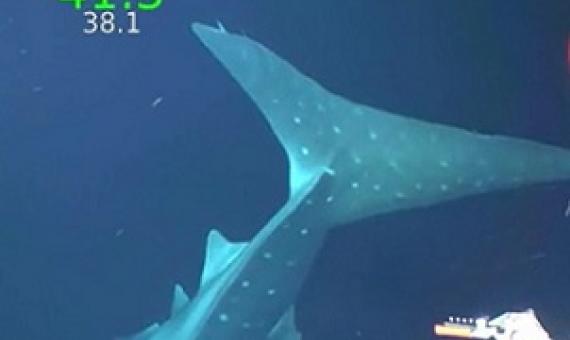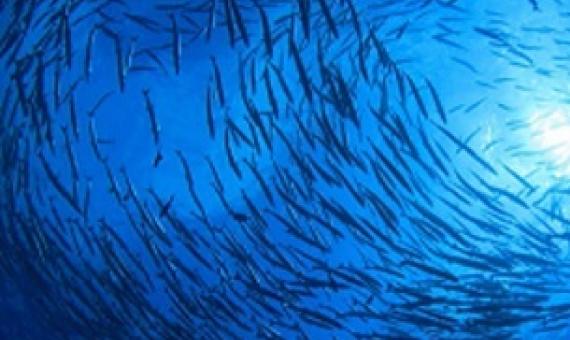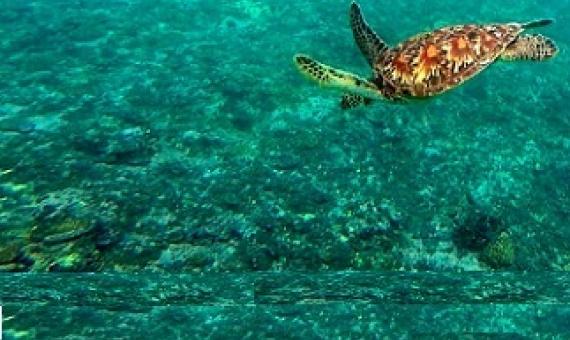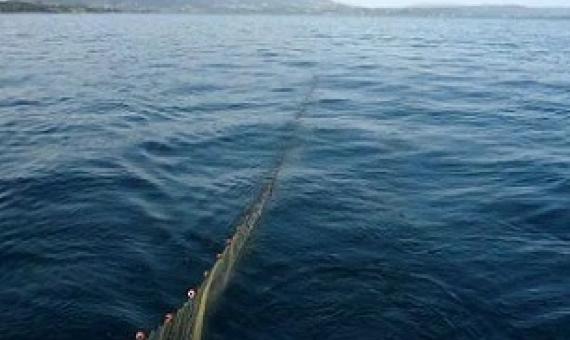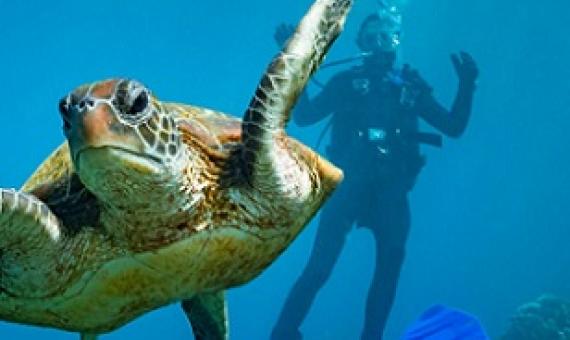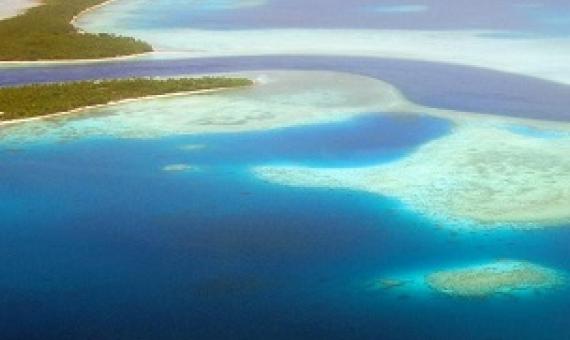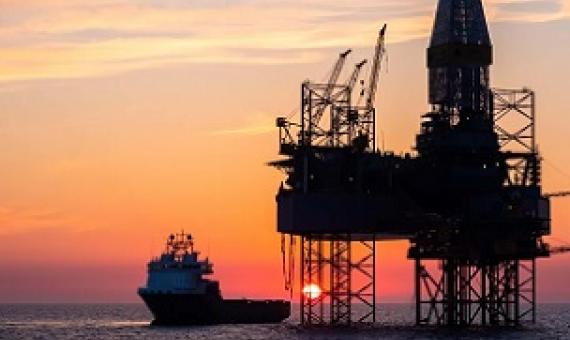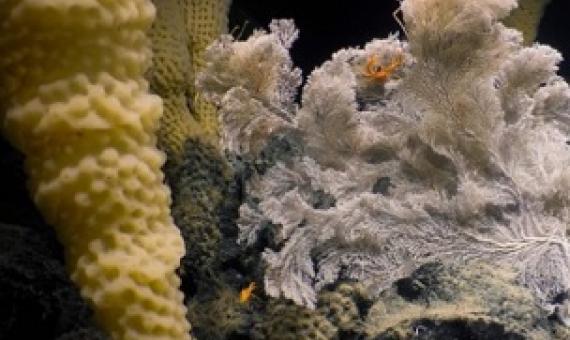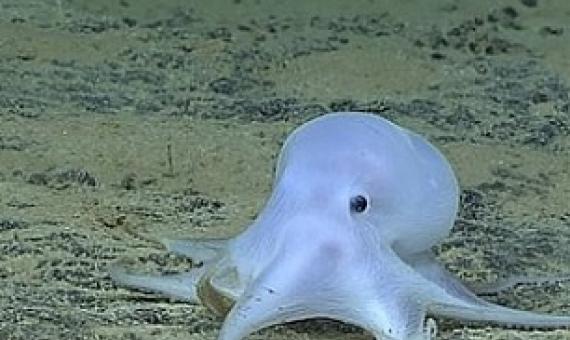Marine scientists aboard Schmidt Ocean Institute's research vessel Falkor have identified likely new marine species and deep sea organisms on nine seamounts that were explored for the first time in the remote Phoenix Islands Archipelago.
Concerned youths worldwide today delivered a policy vision for policy-makers to address the declining state of the world's ocean.
Human activities and climate change threaten marine biodiversity worldwide, though sensitivity to these stressors varies considerably by species and taxonomic group.
Protecting areas of ocean from destructive human activity could help prevent climate change, protect biodiversity, and at the same time increase the catch of fish, according to the most comprehensive analysis of its kind.
Compared to fully safeguarded marine protected areas, partially protected areas have little benefit for marine life or people’s enjoyment...an in-depth study of MPAs along Australia’s southern coast shows that these partially protected reserves are largely ineffective—both for protectin
Oceans around the world face a litany of threats, from climate change to overfishing to pollution and more.
There are more than 12,000 offshore oil and gas platforms worldwide.
The proposed Offshore Pacific Area of Interest (AOI) off the coast of British Columbia contains underwater mountains, some 10,000 feet high, overlooking a vast network of hydrothermal vents that spew hot sulfur and nutrients into the surrounding water.
Senior representatives from eight Government Departments met in Port Vila yesterday for the first meeting of the Pacific-European Union Marine Partnership (PEUMP) programme-funded By-catch and Integrated Ecosystem Management (BIEM) Initiative Steering Committee.
As Te Ipukarea Society has argued before, along with many other voices, a moratorium on Deep Seabed Mining empowers the Pacific and builds the capacity of island nations to protect coastal waters and conserve the vital biodiversity of the deep ocean systems.

